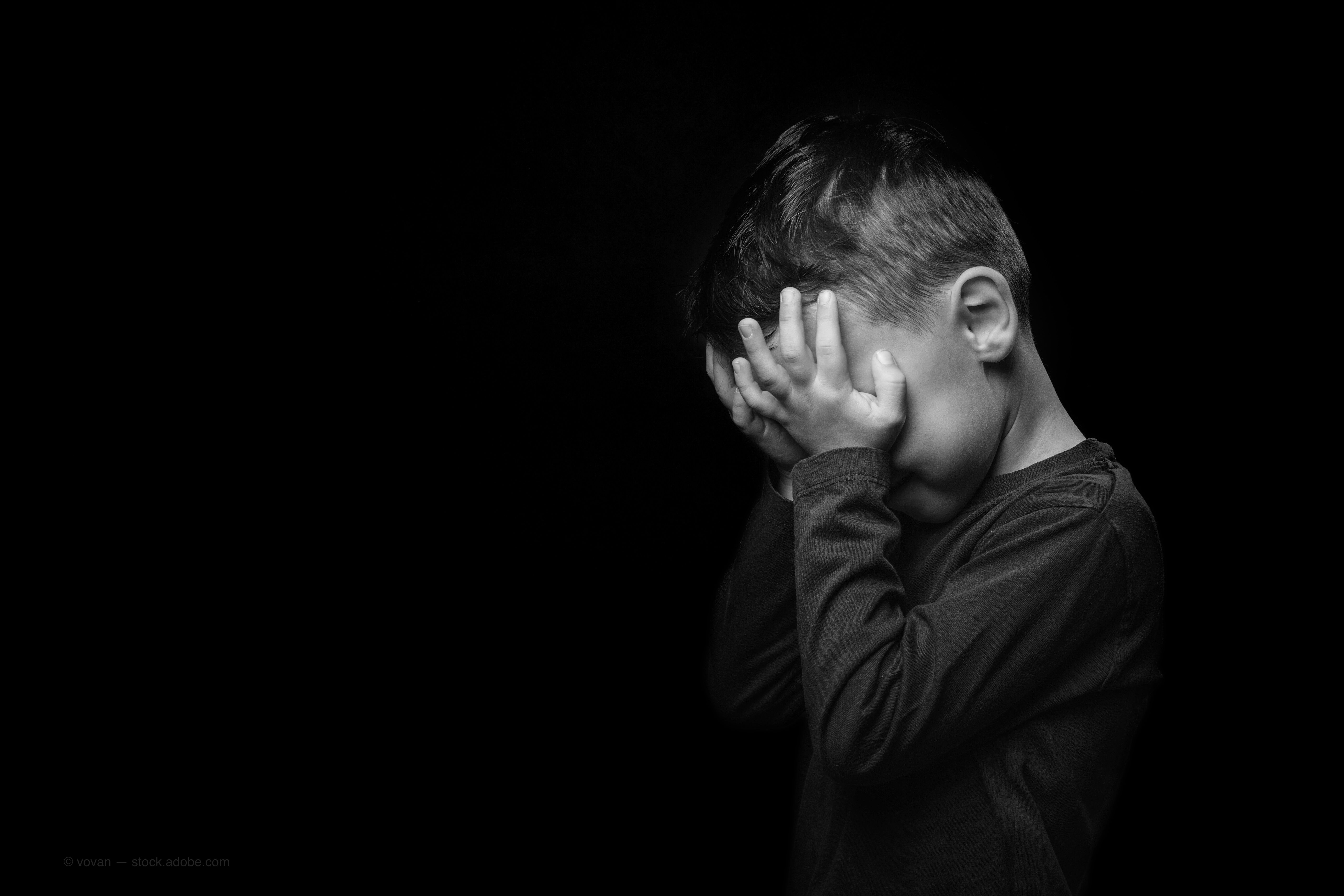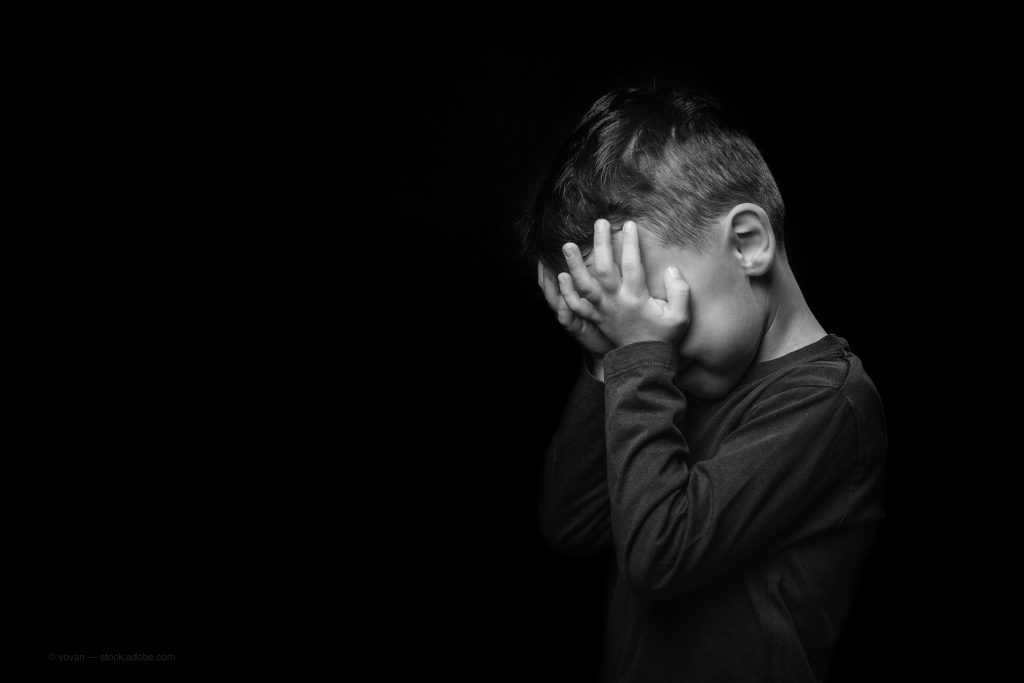
A recent study by Orbis International reports that children with myopia experienced significantly higher levels of depression and anxiety than their peers without vision impairment.
Children with myopia experience significantly higher levels of depression and anxiety than their peers without vision impairment, according to a recent study conducted by Orbis International.
Additional findings concluded that surgery to correct strabismus significantly improved symptoms of depression and anxiety in pediatric patients.
Published in the peer-reviewed journal Ophthalmology, the study deepens clinicians’ understanding of the link between vision impairment, strabismus and children’s mental health.
An estimated 19 million children across the globe below the age of 14 years have vision impairment or are blind, according to an Orbis International news release published last month.
While the prevalence of eye disorders, depression, and anxiety is lower among children than adults, these conditions pose a greater risk to pediatric patients when they are not identified and corrected promptly, the release stated.
Resilient mental health is an important requirement for children to thrive, according to Nathan Congdon, director of Research at Orbis International. As seen in these new findings, he stressed that mental health can be negatively impacted if a child has a vision impairment.
“With this research, Orbis has pulled together for the first time the kind of convincing evidence that can help spur governments to action on children’s vision,” Congdon stated in the release. “These results are all the more compelling because the very strongest evidence we found for impact on mental health was among kids with near-sightedness, treatable with a simple pair of glasses.”
According to the release, the research can have profound implications for health care planners when allocating resources and designing interventions to curb vision impairment.
An example of this includes the instance where, in some countries,
strabismus surgery is seen as a cosmetic procedure and excluded from insurance coverage, which then leaves families forced to pay out-of-pocket.
Such challenges could disuade patients of low socioeconomic status from seeking treatment and keep the mental health benefits of corrective surgery out-of-reach.
According to researchers, further randomized controlled trials exploring the impact of public health measures for myopia correction on mental health in children are needed. Scaling up access to strabismus surgery could improve the mental health of affected children.

